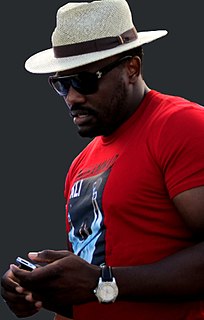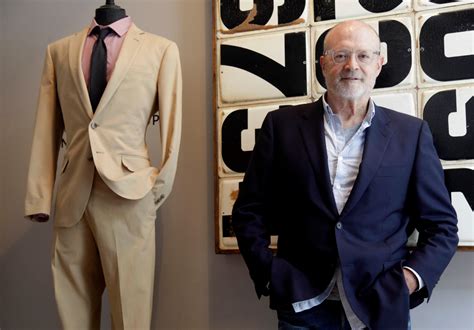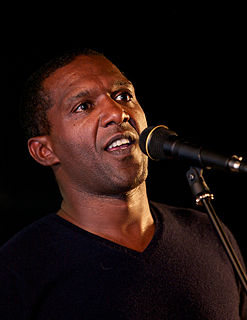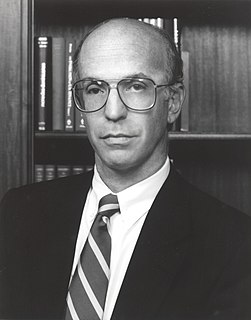A Quote by Dale Carnegie
Cash can buy, but it takes enthusiasm to sell.
Quote Topics
Related Quotes
Allowing short selling is allowing people to sell - instead of having to buy the stock and then sell it, which doesn't do much; allow them to sell it, and then buy it. In which case they can express that information and the idea is that you would get more accurate valuation of companies by letting people express both their positive information and their negative information through either long or short selling.






































